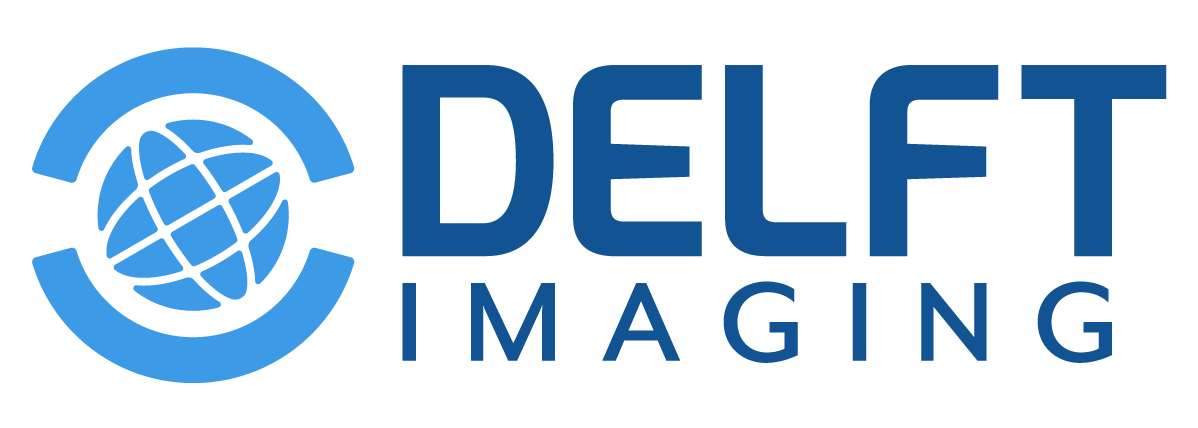In 2023, Iraq reported an estimated 9,400 TB cases, reflecting a 5% decline from the previous year. TB-related deaths also decreased slightly, with 720 people losing their lives to the disease. While these figures show modest progress, approximately 2,455 individuals remained undiagnosed or unreported, and 307 cases of drug-resistant TB were estimated.
In 2022, we delivered 16 CAD4TB to the International Organization for Migration (IOM). That same year, IOM, via PFSCM, received 4 Delft Light systems, each equipped with CAD4TB, as part of the Middle East Response (MER), a project funded by the Global Fund. In 2024, a CAD4TB was delivered to International Smart Medical Solution Co., Ltd. (ISMS). Most recently, in 2025, 2 CompassDR systems, with 2 CAD4TB, were provided to IOM through PFSCM.
Make a difference
Press coverage
In 2025, The Global Fund and Arab News reported on Iraq’s progress in combating tuberculosis through innovative diagnostic solutions. The country has deployed mobile medical teams equipped with AI-powered CAD4TB and advanced diagnostic tools to reach displaced populations, prisons, and remote areas. These efforts have raised drug-resistant TB detection rates from 2% to 19% and reduced national TB prevalence from 45 to 15 cases per 100,000. “CAD4TB is an efficient digital tool for TB diagnosis. It provides immediate results, enhancing patient care and saving lives,” said Dr. Bashar Hashim Abbas, National Tuberculosis Program, Mosul. Coupled with an all-oral regimen and integrated data systems, these innovations are restoring trust in healthcare and accelerating Iraq’s path toward the WHO End TB Strategy goals.






